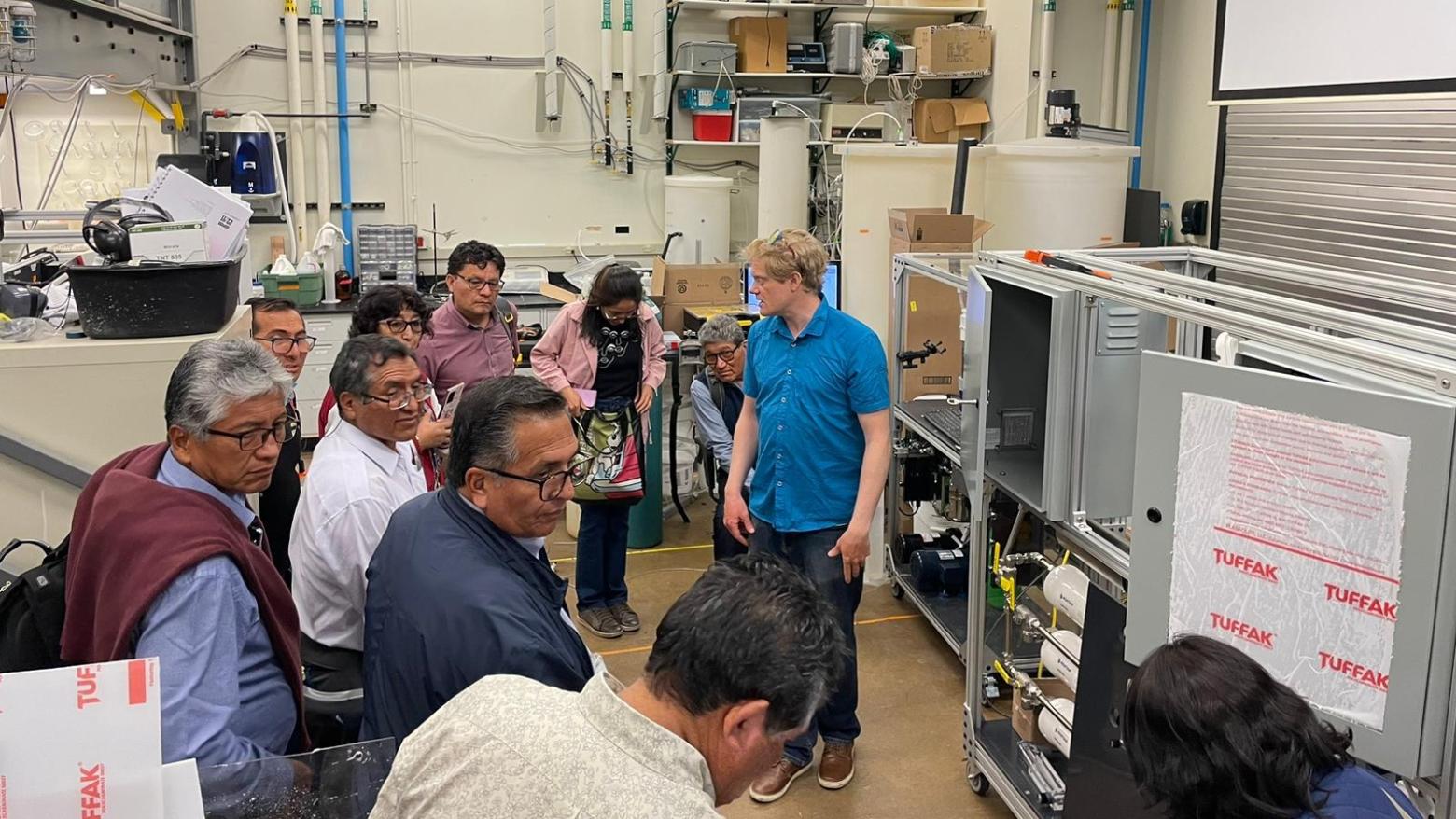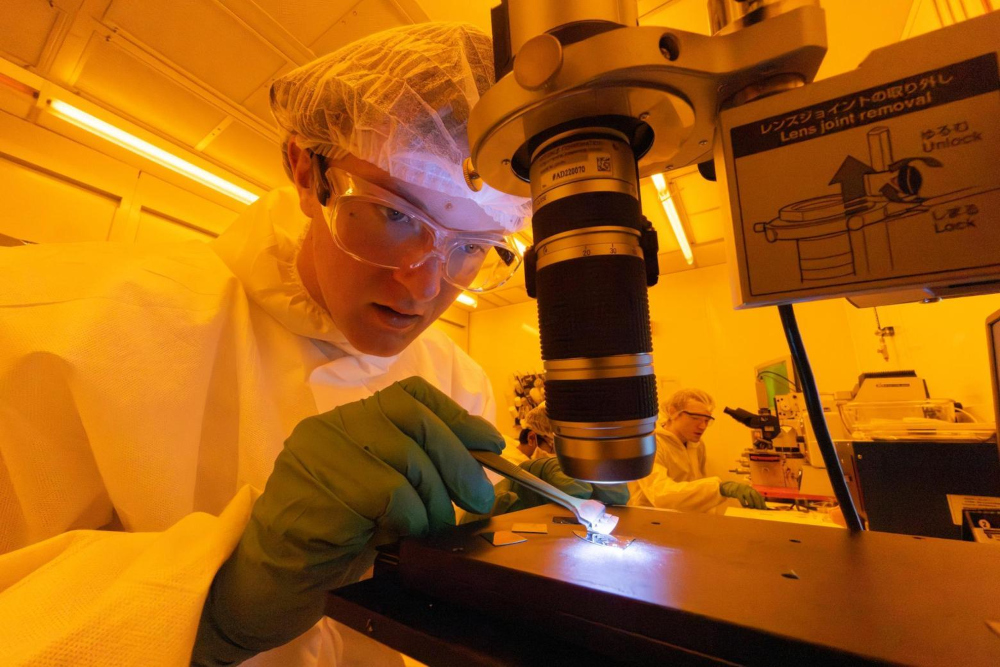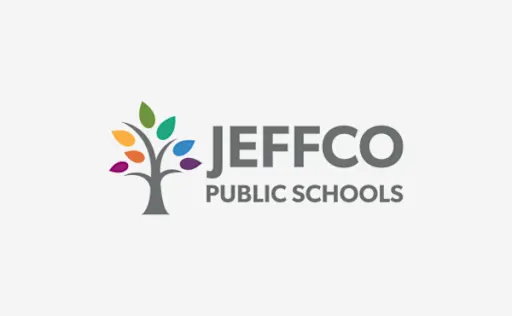
Colorado School of Mines and Universidad Nacional de San Agustín de Arequipa (UNSA) in Peru have announced the third phase of their collaborative research on sustainable mining. The new projects, funded through the Center for Mining Sustainability, will focus on rare earth minerals, sustainable aquifer management, nature-based water treatment and the repurposing of mine tailings.
The Center for Mining Sustainability was established in 2019 as a joint initiative of Golden-based Mines and UNSA, aiming to apply data-driven, interdisciplinary science, technology and innovation to promote sustainable mining practices. Previous phases have completed 17 projects addressing water supply, contamination reduction, waste reprocessing, and geologic hazard management.
“As the world’s top university for minerals and mining engineering, Colorado School of Mines has a unique global role in advancing research partnerships for sustainability and innovation,” said Walter Copan, vice president for research and technology transfer at Mines. “The highly productive collaboration with UNSA and stakeholders across Peru contributes effectively to the future of workforce leadership, to the development and deployment of sustainable solutions and to building and maintaining trusted supply chain partnerships.”
“Mines is excited to continue our incredibly productive collaboration with UNSA,” said Paul Santi, director of the center and professor of geology and geological engineering. “Over the years we have seen the positive benefits of our work on the local communities, reducing environmental impacts and developing new tools for them to manage their resources. This new phase of research moves us even further into the implementation and application of research.”
The third phase will include $4.2 million in funding for four new projects, bringing total funding from UNSA through the center since 2019 to over $19 million, sourced from Peru’s Canon Minero, or Mining Royalty fund.
The first project, directed by John McCray, will develop a publicly available groundwater model for sustainable management of aquifers in the Arequipa Region, integrating surface water information to evaluate the sustainability of local aquifers.
The second project, led by Reza Hedayat, will establish a pilot plant for producing geopolymer concrete and bricks from mine tailings, optimizing the reuse process based on specific tailings content.
The third project, under Josh Sharp’s direction, will create a nature-based treatment system known as a unit process open water wetland, designed for adaptable and scalable water treatment for irrigation.
The fourth project, directed by Rod Eggert, will focus on identifying and characterizing rare earth mineral deposits in Southern Peru, preparing for detailed analyses and evaluations for future development.


